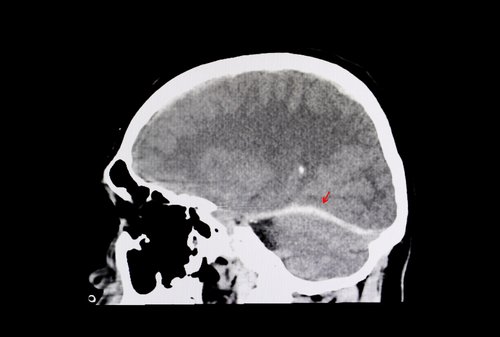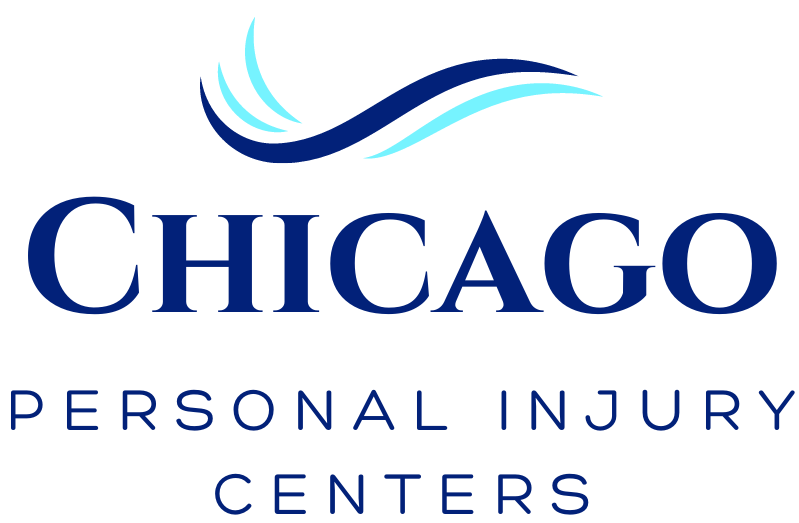Anybody can get involved in a car accident anywhere and anytime. While some can lead to severe or even fatal injuries, fortunately, most accident victims only suffer minor injuries.
Just because you feel unharmed following a car accident does not necessarily imply that you have come out of it unscathed. Certain injuries may not be immediately apparent and may take several days, weeks, or even months for symptoms to manifest.
If you have been the victim of a car accident, do not disregard any pains, aches, or unusual changes you may be experiencing in the weeks following your accident. These symptoms may indicate the presence of underlying injuries that necessitate medical attention.
Delayed car accident injuries present a significant challenge for victims in Chicago, as they can exacerbate and become debilitating over time. Not documenting all your injuries properly means you may lose grounds to recover adequate compensation.
Make sure to continually monitor yourself in the days and weeks that follow the car accident. If you experience any new symptoms or pain, it is crucial that you consult with an accident doctor immediately.
Our experienced medical team at Chicago Personal Injury Centers can assist in alleviating your pain and offer relief for injuries following a car crash. Do not take car accident injuries lightly. Call us now to arrange a consultation and medical evaluation.
Delayed Injuries After a Car Accident
The body’s reaction after a car accident can be varied and complex, resulting in delayed symptoms and injuries. The surge of adrenaline released can hide car accident injury symptoms for a while.
Although you may not feel injured, here are some of the common delayed car accident injuries you may suffer:
Whiplash
This injury occurs when the head and neck are rapidly jerked backward and forward upon collision, particularly a rear-end collision. This motion causes your neck to become hyperextended, misaligning it.
Whiplash is the most prevalent injury sustained in car accidents, and symptoms may not manifest for 24 to 48 following the incident.
Common symptoms include headaches, shoulder pain, back pain, numbness or tingling sensation in the arms, stiffness and pain in the neck, and difficulty moving the head and neck.
Concussion
A concussion is among the most frequent types of delayed injuries following a car accident. It happens when the brain is jolted inside the skull. You don’t necessarily have to hit your head to sustain a concussion.
It can also result from a sudden, vigorous change that smashes your brain against the skull. If not addressed promptly, concussions can have severe and lasting ramifications. You may experience an array of symptoms depending on the seriousness of your concussion.
Common symptoms include:
- Dizziness
- Headache
- Memory problems
- Confusion
- Fatigue
- Mood swings
- Sound and Light sensitivity
- Loss of balance
- Changes in sleep habits
Spinal Cord Injuries
The force of impact of a car accident may result in back or spine injury. A spinal injury may also manifest as a sprain, a herniated disc, nerve damage, or soft tissue damage in the back.
These injuries can result in back pain that is debilitating, uncomfortable, and exceedingly frustrating. Auto accidents can also result in spinal misalignment, where the vertebrae move out of position.
When the vertebrae are misaligned, they can exert pressure on the nerves surrounding the spinal cord. This results in a tingling sensation, numbness, or pinched nerve pain.
It is best to consult with a physician to determine the most appropriate treatment options for your back pain, as it can frequently restrict mobility.
Internal Bleeding
Automobile manufacturers develop seat belts to safeguard our lives. For this reason, it is crucial to use them consistently. However, internal injuries may result from being propelled against it.
In high-impact accidents, seat belts frequently transmit blunt force and cause internal injuries to the heart, lungs, and kidneys.
It is also possible for your seat belt to cause an injury to other tissues or fracture one of your ribs. Signs you may be suffering from internal bleeding include:
- Vomiting or coughing up blood
- Blood in stool or urine
- Abdominal pain
- Dizziness
- Bruising on thorax
- Difficulty breathing
Soft Tissue Injuries
Common car injuries include contusions, strains, and sprains. They develop when your soft tissues are torn, stretched, or otherwise damaged due to an auto accident.
Symptoms may include muscle spasms, diminished range of motion, deep bruising, tenderness, swelling, and pain.
Consult With A Skilled Personal Injury Treatment Center Today!
Walking away from a car accident doesn’t necessarily mean you are okay. You could have sustained multiple injuries that will not be apparent for several hours or days following the accident.
Be mindful of the symptoms mentioned above, and consult with the experienced doctors at Chicago Personal Injury Centers if you develop any of them.
Our injury doctors will accurately diagnose your delayed injuries, deliver personalized treatment, and connect you with our network of qualified personal injury lawyers who can assist you with your personal injury claim.
Contact us today at(773) 482-5800 to begin your recovery journey!

